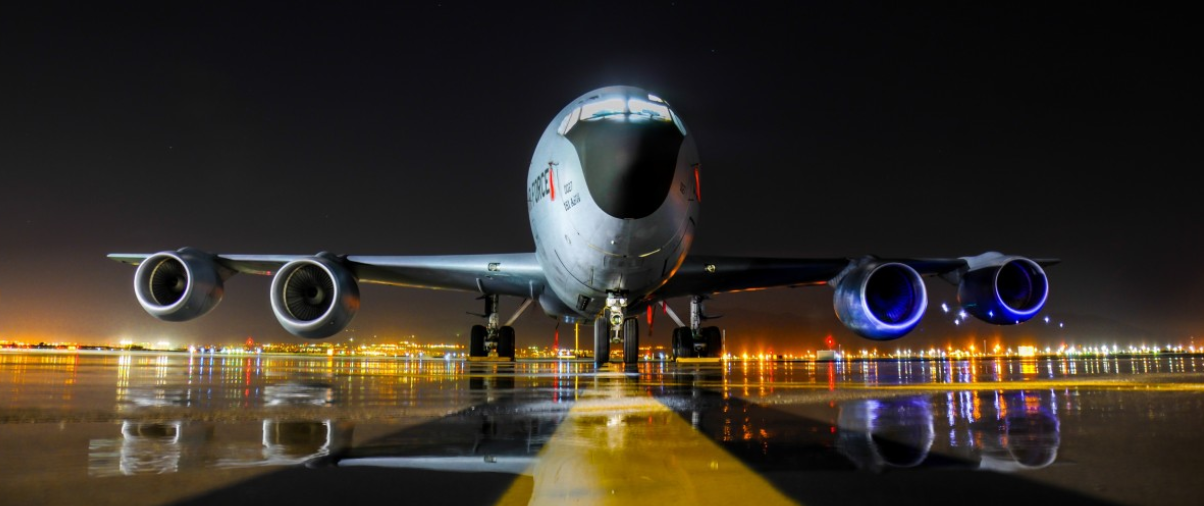EU agrees binding green fuel targets for aviation
The European Union has agreed a deal to set binding targets for airlines in Europe to increase their use of sustainable aviation fuels, in an attempt to kickstart a market for green fuels and start curbing the aviation sector's carbon footprint.

The European Union has agreed a deal to set binding targets for airlines in Europe to increase their use of sustainable aviation fuels, in an attempt to kickstart a market for green fuels and start curbing the aviation sector's carbon footprint. After late-night talks, negotiators from the European Parliament and EU member states struck the deal just before midnight on Tuesday.
The proposal aims to increase both demand for and supply of sustainable aviation fuels (SAF), which have net-zero CO2 emissions or lower CO2 emissions than fossil fuel kerosene. For now, these fuels are produced in tiny quantities and are far more expensive than conventional aviation fuels. Fuel suppliers must ensure that 2% of fuel made available at EU airports is SAF in 2025, rising to 6% in 2030, 20% in 2035 and gradually to 70% in 2050.
From 2030, 1.2% of fuels must also be synthetic fuels, rising to 35% in 2050. Synthetic fuels are made using captured CO2 emissions, which proponents say balances out the CO2 released when the fuel is combusted in an engine. Aviation is seen as one of the hardest sectors to decarbonise, with zero-emission aircraft not expected for more than a decade. Sustainable fuel is seen as a route to start gradually reducing air travel's carbon footprint in the near-term.
A spokesperson for Air France-KLM said the airline was planning to overshoot the EU targets, and had set itself a goal of 10% SAF use by 2030. Airlines are set to receive about 2 billion euros in funding from the EU carbon market to help them switch to SAF.
Biofuels can count towards the main SAF targets if they comply with EU sustainability criteria. Low-carbon hydrogen produced from nuclear power is also eligible - a win for countries like France with large shares of atomic power. Campaign group Transport & Environment criticised the inclusion of some biofuels, including animal fats that it said could cause shortages in other industries, such as pet food production.
EU countries and the EU Parliament must each approve the deal before it can pass into law. That process is usually a formality that sees pre-agreed deals go through with no changes.
(This story has not been edited by Devdiscourse staff and is auto-generated from a syndicated feed.)










